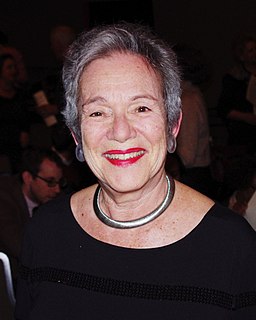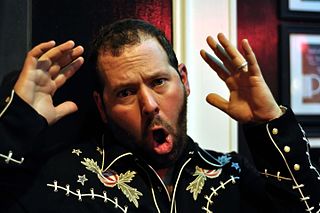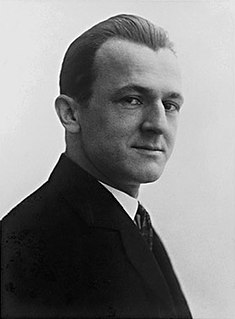A Quote by Wesley Clark
I like Hemingway and I like a lot Jewish writers (such as) Saul Bellow.
Related Quotes
I've always believed that poetry must speak of realities as least as complicated as those spoken of in prose. I've read books of poems, even single poems, which are, for me, at least the equivalent of a short story or a novel. Martin Amis, in an interview with Saul Bellow in the early eighties, quotes Bellow asking, "Why not address 'the mysterious circumstance of being', say what it's like to be alive at this time, on this planet?" This has been and still is my ambition.
At one point I would read nothing that was not by the great American Jews - Saul Bellow, Philip Roth - which had a disastrous effect of making me think I needed to write the next great Jewish American novel. As a ginger-haired child in the West of Ireland, that didn't work out very well, as you can imagine.
I read some older books when I worked at Barnes And Noble, like some of the American classics. I read a lot of Hemingway. I fell in love with Hemingway's prose and with the way he wrote. I feel like he's talking to me, like we're in a bar and he's not trying to jazz it up and sound smart, he's just being him.
The last publicized center of American writing was Manhattan. Its writers became known as the New York Intellectuals. With important connections to publishing, and universities, with access to the major book reviews, they were able to pose as the vanguard of American culture when they were so obsessed with the two Joes--McCarthy and Stalin--that they were to produce only two artists, Saul Bellow and Philip Roth, who left town.
I like the hip writers: Fitzgerald, the guy who committed suicide, Hemingway, all those guys. Some of them were alcoholics and drug addicts but they had fun. They were real people. They formed the culture of American literature. Hemingway admired Tolstoy, Tolstoy admired Pushkin, and Mailer admired Hemingway. It all flows down. The greats are all connected. One day I'm gonna write a book myself. The first chapter will be about what a rough deal my momma got. She believed in you guys and your society.




































